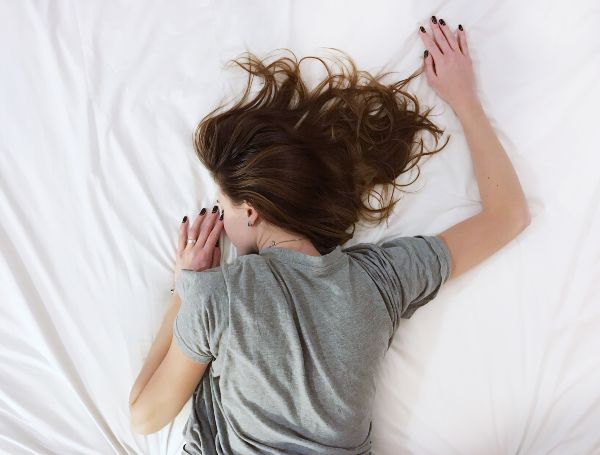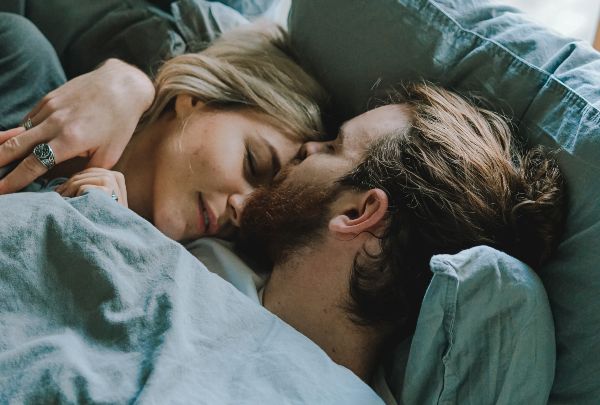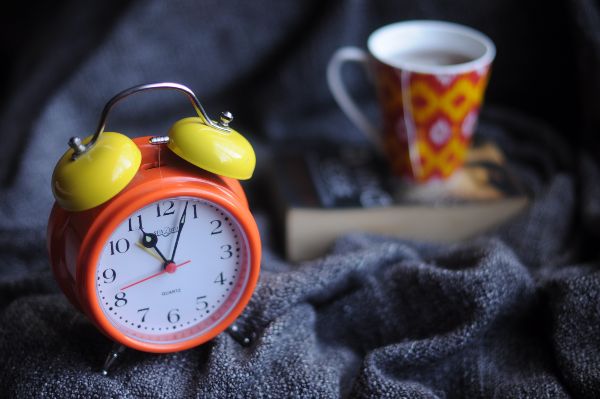
6 top tips that will get your sleep schedule back on track
Winter can wreak havoc on our bodies in more ways than one. Our lips chap, our skin dries out and with daylight savings still a thing, our sleep schedule goes completely out the window. The mornings are dark, and the sun only deigns to raise its head until 4 in the evening, if it bothers to come out at all.
Our internal body clocks end up all over the place during the winter season. It’s easy to feel sluggish, unrested and yet, unable to sleep at night, despite feeling tired.
We need 7-9 hours of sleep a night in order to complete 4-5 90-minute sleep cycles. Keeping these cycles uninterrupted is the key to experiencing that ‘good night’s sleep’ feeling. Here, we outline some of the reasons why your routine isn’t conducive to a good night’s sleep and a few simple ways we can help you to fix that.
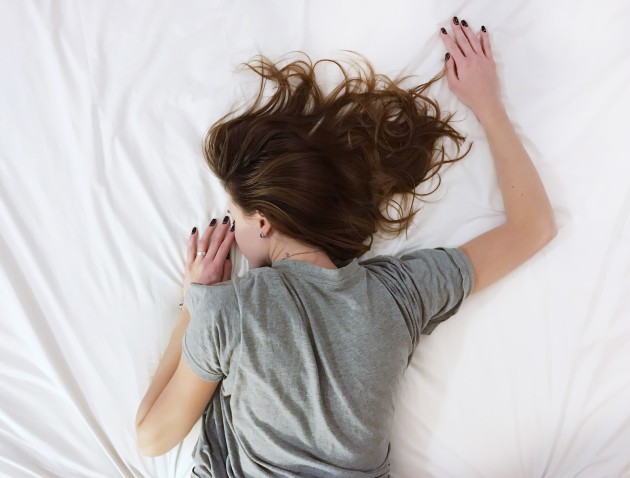
Your routine is all over the place.
The first step in getting a night’s sleep is regulating your body. If your bedtime is a little all over the place right now, you’re not alone. It is essential that your body and brain begin to expect a shut-down and wake-up call at the same time every day. Yes, even the weekends. We’re all guilty of enjoying our sleep ins and late nights on our days off but be sure to only indulge in those occasionally. They disrupt the training that your brain is undergoing to move into a state suitable for sleep and rising.
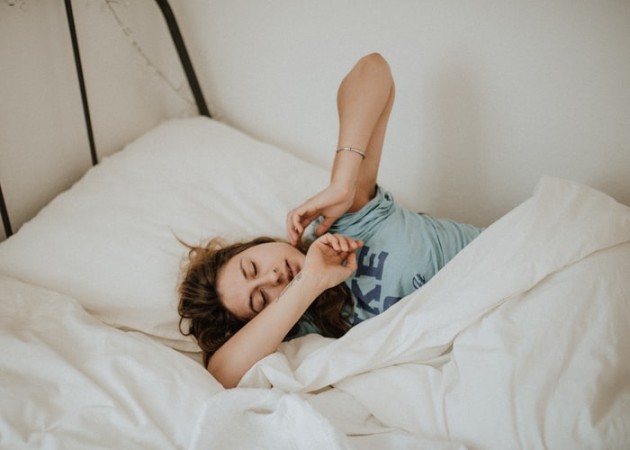
You aren’t getting enough daylight or fresh air.
If you're working from home, for example, it can have a lot of benefits. One downfall, however? We’re less likely to go out for lunch, getting that daily dose of blue sky that is essential to regulating our body clocks. Being inside all day in artificial lighting disorients our body’s natural rhythm that expects sun-up and sun-down and alertness in the bright time in-between. Try getting out, even just for a twenty-minute walk during your lunch hour and see what difference it makes to you mind. It will keep you alert in the afternoon too!

You’re on a screen late at night.
This is one of the worst culprits, as studies are increasingly showing. Similarly, to how not getting enough daylight during the day can deregulate you, getting too much blue light at the wrong time – light literally designed to wake you up – can ruin your chances of drifting off naturally. Even if it’s something that feels relaxing – watching TV, scrolling Pinterest or Instagram it isn’t relaxing for your brain. It becomes stimulated and makes it that bit harder to switch off at your designated sleep time. Experts recommend reading a book or doing a meditation for at least an hour before bed. But if that’s totally impossible, some tech has an orange light or night mode installed for these reasons. They’re still not ideal, but if you want to pick up your kindle to read before bed, turning on the blue-light filter might be a good idea.

You’re eating a large or carb/sugar heavy meal too close to bedtime.
Sugar, caffeine, carbs. These things can be great during the day in moderation, when we need energy and boost to keep us up and going. However, when consumed too close to bedtime, our body suddenly has all of this food converted into energy with nowhere to go. Restless legs, a mind running in circles, our body looks for some way to blow off this steam and can give us a broken or total lack of sleep as a result. Try some calming, caffeine-free herbal teas before bed to assuage any cravings and keep you hydrated and relaxed. Chamomile, lemongrass and lavender are great herbal teas to promote sleep.

Your mind is buzzing
We’ve all been there. Whether it’s a big presentation you have tomorrow, or a door you’re unsure if you locked, or even just, ‘God, that sounded stupid when I said it earlier’, we’ve all been kept up with a brain that won’t shut up. There are lot so reasons for this, big and small but I’ve found some little tips and tricks that work. One idea is to contextualise it. Will anyone other than me remember what I said today in a week’s time? Probably not. Another is to keep a notebook by the bed. Instead of reaching for your phone to distract you from niggling thoughts, write down what’s bothering you. Make a list of what needs to be done tomorrow before the presentation so you can let those thoughts go and relax. And my favourite; a guided sleep meditation on YouTube. Fall asleep to the sound of relaxing sleep music or a soothing soft voice specifically designed to make you feel drowsy and relaxed. My favourite is Jason Stephenson on YouTube, but there’s plenty out there to discover what’s right for you!
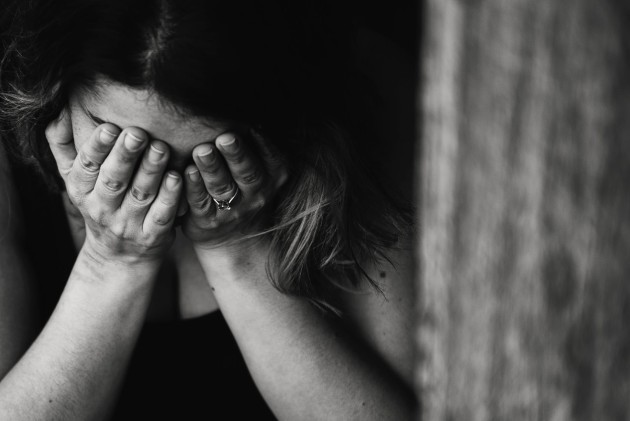
You aren’t getting enough magnesium in your diet.
Magnesium is a key ingredient for a solid sleep. Deficiency in it is shown to increase fatigue and low energy levels. There are plenty of easy ways to incorporate more magnesium into your diet. Magnesium-rich foods are bananas, avocados, beans, spinach, almonds, dark chocolate, non-fat yoghurt, quinoa, oatmeal, cashews, salmon and broccoli!










